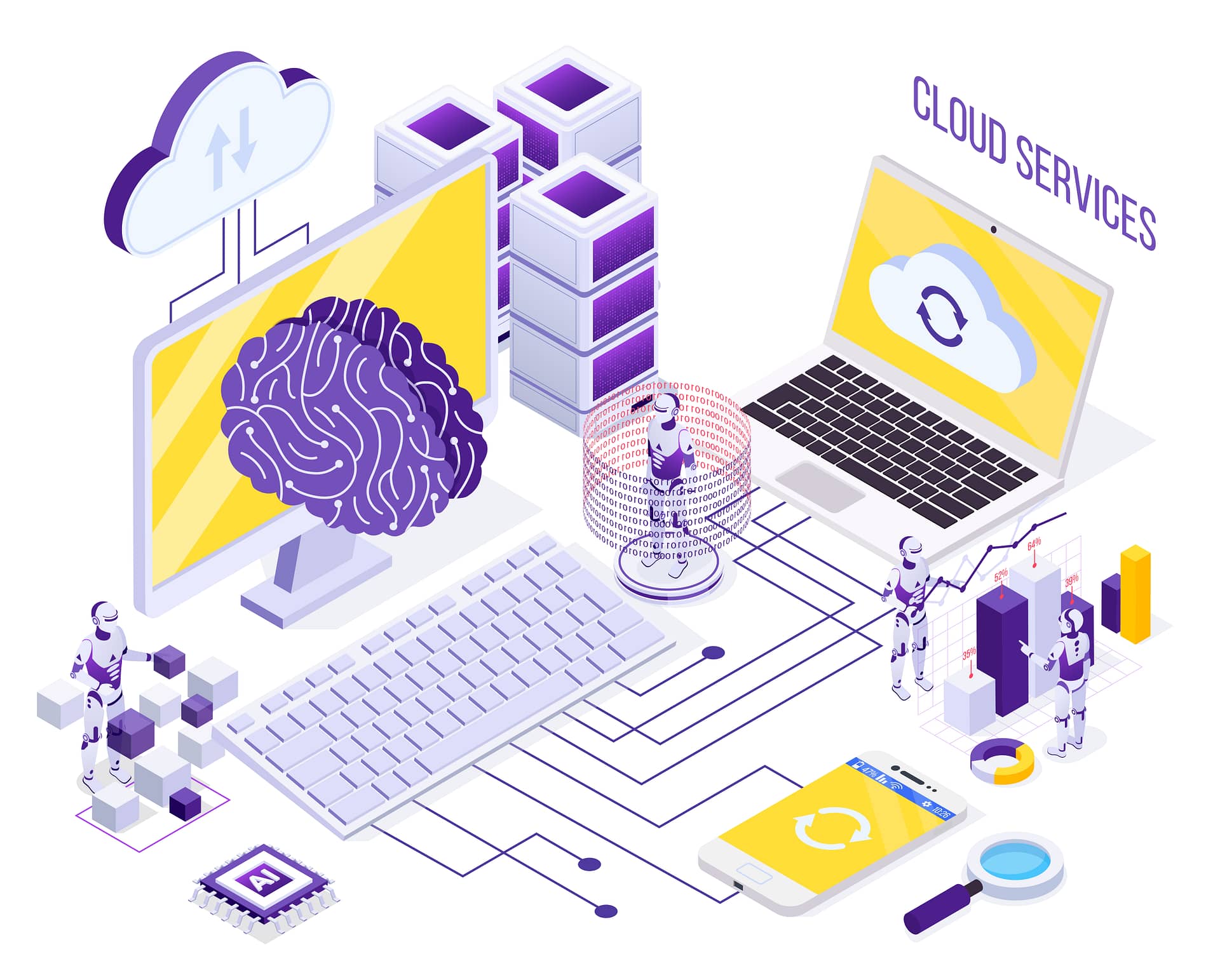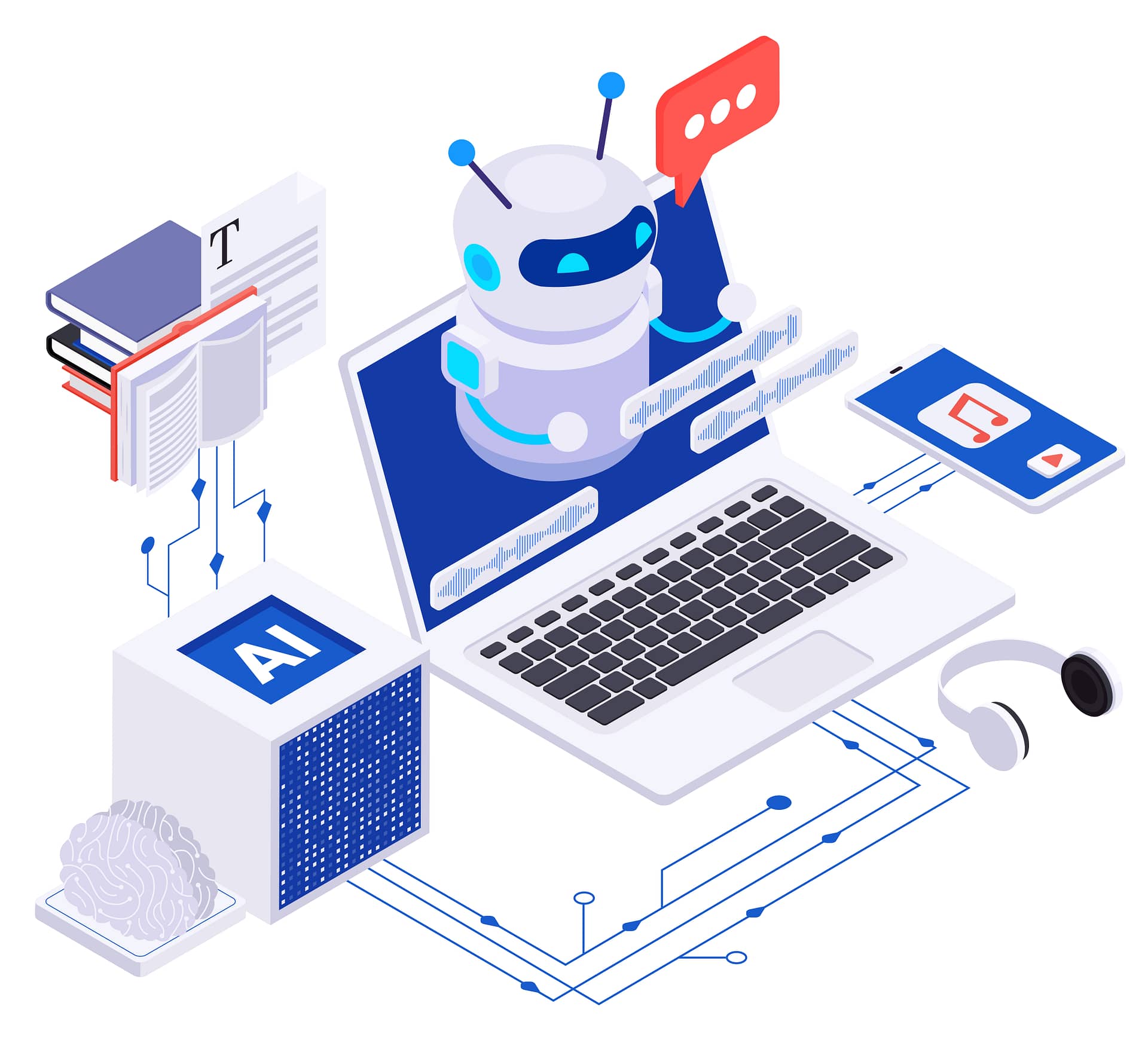ML Ops (Machine Learning Operations)
1. Model Development
• Keep track of evolving datasets using tools like DVC or LakeFS to ensure reproducibility and avoid data drift.
• Use MLFlow, Weights & Biases, or SageMaker Experiments to log parameters, metrics, and artifacts for every model run.
• Jupyter + GitHub integration or tools like Deepnote allow team-based iteration with better version control.
• Define and monitor baseline performance (e.g., accuracy, F1) before promoting models — helps prevent regressions.
2. Model Training & Tuning
• Use Kubeflow Pipelines, Metaflow, or Vertex AI to automate data preprocessing, training, and evaluation workflows.
• Integrate tools like Optuna or Ray Tune for scalable, distributed hyperparameter tuning across compute clusters.
• Leverage frameworks like Horovod or PyTorch DDP to accelerate training over GPUs/TPUs across nodes.
• Dynamically scale compute using Kubernetes, spot instances, or autoscaling clusters for cost-efficiency.
3. Model Deployment
•Apply DevOps principles using tools like GitHub Actions, Jenkins, and ArgoCD to automate testing and deployment.
• Package models using Docker or MLFlow for standardized, repeatable deployment across environments.
• Use tools like KFServing, TorchServe, or Triton Inference Server for scalable, low-latency model serving.
• Test new models safely in production by routing a portion of traffic before full rollout.
4. Monitoring & Governance
•Track drift, accuracy, latency, and throughput using tools like WhyLabs, EvidentlyAI, or Prometheus + Grafana.
• Implement real-time checks to detect shifts in input features or target labels, triggering retraining as needed.
• Maintain full lineage (data, code, model, infra) for compliance, using tools like Pachyderm or Great Expectations.
• Incorporate fairness, explainability (SHAP, LIME), and bias detection into pipelines for ethical AI practices.
We are here to help and answer your questions about Data & AI
Our Locations:
Unit No.506, 5th Floor Solitaire Business Hub, Survey Number: 27/1, Balewadi high Street, Baner,Pune-411045
4904 Kentwood Drive, Marietta, GA 30068




